You may be looking for DIY solutions, but applying the wrong item to your face could cause lasting damage.
Our editors and experts handpick every product we feature. We may earn a commission from your purchases.
You may be looking for DIY solutions, but applying the wrong item to your face could cause lasting damage.
Our editors and experts handpick every product we feature. We may earn a commission from your purchases.
Taking care of your skin is equally about what you do and don’t do. Dermatologists share the things you should definitely not use on your face and what to do instead.

At-home chemical peels to improve your skin may seem like a great way to save time and money, but they can permanently harm skin. “That’s the number-one problem we’re seeing right now,” says Dhaval Bhanusali, MD, FAAD, a dermatologist based in New York City and a spokesperson for the American Academy of Dermatology. “Probably twice a week, we have people come in with dark burns from chemical peels. They’ll get a really strong glycolic peel, but glycolic acid is not always the best for darker skin types, because it’s a little more unpredictable,” he says. Instead, he recommends that people with darker skin tones try masks with salicylic acid, which is much more gentle. Before using an at-home chemical peel, you should check with a dermatologist.
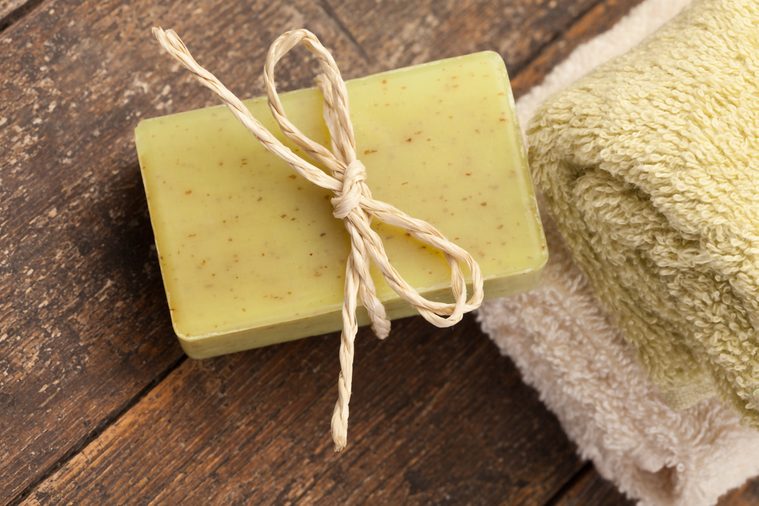
“Cleansing the face is a very delicate balance,” says Omer Ibrahim, MD, FAAD, a dermatologist at Chicago Cosmetic Surgery and Dermatology and a spokesperson for the American Academy of Dermatology. “You need to strip the skin of excess oils, but you need to retain the natural oils that keep your skin hydrated and protected.” Bar soaps can overdry the skin and lead to rough, itchy skin and even inflammation and eczema. “You’re much better off using a beauty bar, non-soap cleanser, or a liquid cleanser that is complemented by moisturizers and ingredients to reduce inflammation,” says Dee Anna Glaser, MD, a dermatologist based in St. Louis, Missouri, and a spokesperson for the American Academy of Dermatology.

Lemon and lime may be good for your insides, but not for your face. “The problem is, if you put any kind of citrus on your face and you go outside, you can get a chemical burn called phytophotodermatitis,” Dr. Bhanusali says.
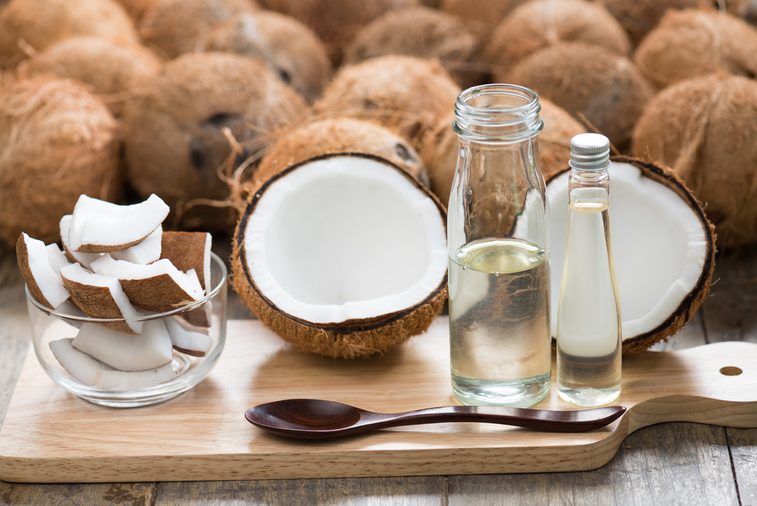
Using coconut oil on your face is a no-no for oily skin. “The trouble with coconut oil is that while it might have antioxidant properties, the harm it causes outweighs the benefits,” Dr. Ibrahim says. Because coconut oil is thick, the skin has a hard time absorbing it. So it ends up sitting on top of the skin, clogging pores, feeding bacteria and yeast, and leading to buildup and acne. If you’re going to use an oil on your face, Dr. Ibrahim recommends using a cotton ball to apply a few drops of olive oil, which is lighter.
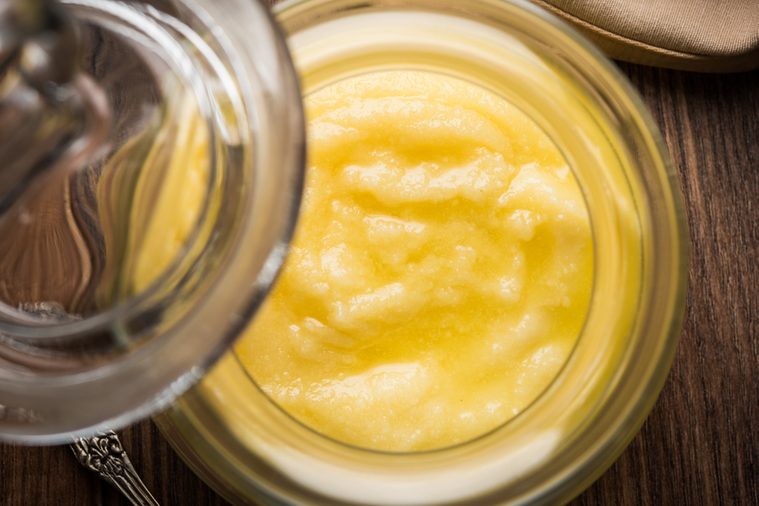
Homemade masks made from natural ingredients like chopped-up walnuts, peach pits, and mango mixed into mayonnaise have been popular with some patients, Dr. Glaser says, but they can damage skin. “They’ve basically just caused little lacerations,” she says. Instead, she recommends seeking out products from companies like Neutrogena and Dove that have scientists who develop well-tolerated and safe products.
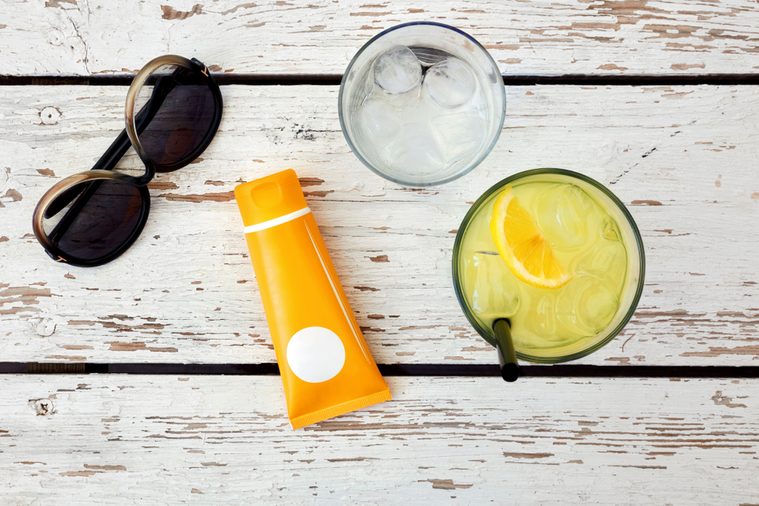
You’re heading out on an unexpectedly sunny day and reach for the high-SPF sunscreen you put back in the medicine cabinet at the end of last summer. The problem? Sunscreens lose their potency after their expiration date, Dr. Ibrahim says. He recommends checking the dates on your sunscreen before every sunny season and throwing out expired ones. “Spend those few extra dollars to get a new one,” he says. “You don’t want to risk getting a bad sunburn and increasing your skin cancer risk.”
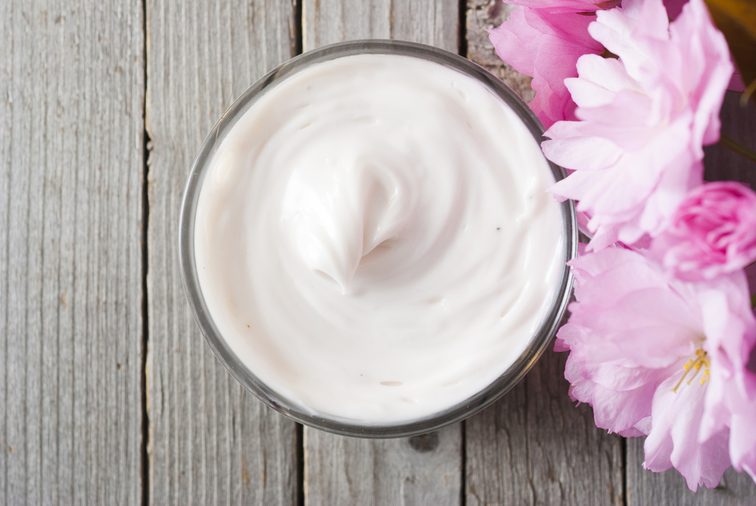
Applying commercial body lotions and creams to your face can cause similar problems to using coconut oil, Dr. Ibrahim says. They’re thicker and more oily and can also cause acne and breakouts that can lead to scarring. Instead, opt for a moisturizer that’s specifically formulated for your skin type.
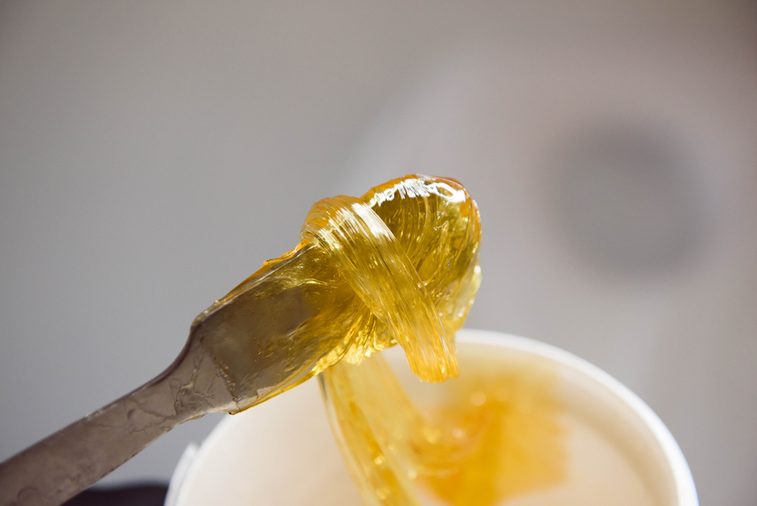
If you’re taking certain medications for wrinkles, acne, or sun damage, they could make your skin more sensitive. Waxing your face isn’t a good idea. “Waxes can be well-tolerated for most people, but if you’re on Retin-A (tretinoin) or certain acne medications, you really need to do a test spot, because I’ve seen some pretty nasty wounds from waxing with those medications,” Dr. Glaser says
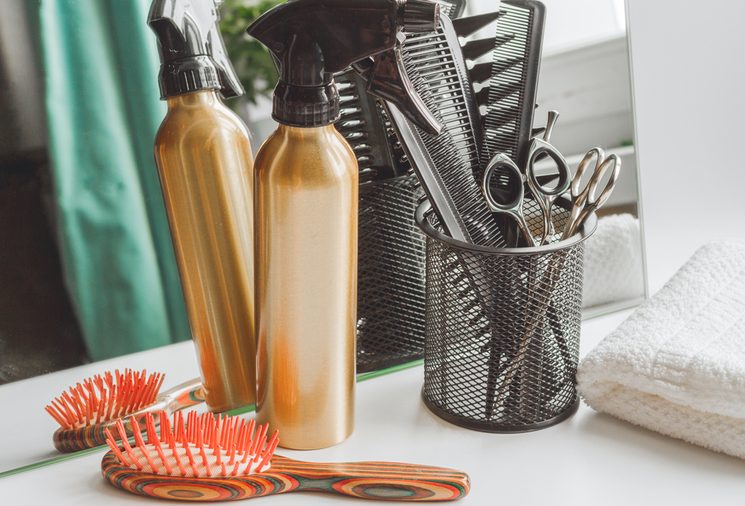
Some people use hair spray or even spray antiperspirant to set their makeup. These products may not irritate the skin of some people, but they contain lots of alcohol, which can dry out the skin and strip it of its natural moisture, Dr. Glaser says. (Read about 5 skin care ingredients you should never mix—and 4 that you should.)
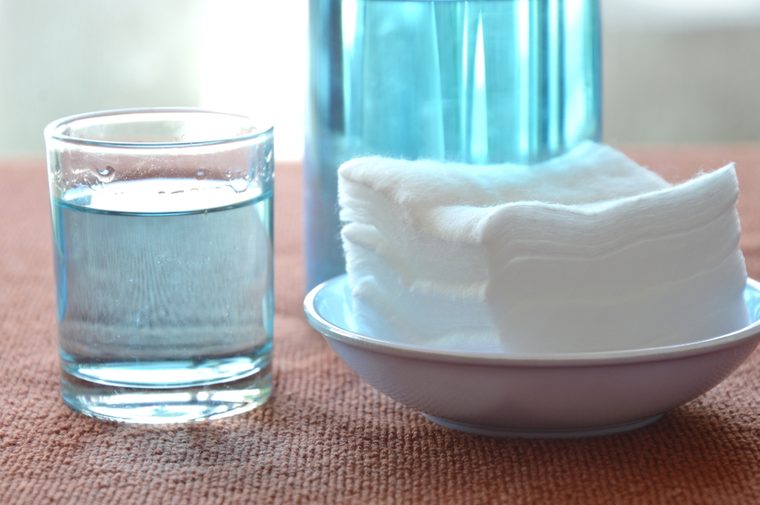
Trying to heal a cut on your face? “The best time to apply hydrogen peroxide is immediately after an injury to clean it, and then no more,” Dr. Ibrahim says. Prolonged use of hydrogen peroxide on a cut actually slows down healing because it’s too harsh—the peroxide actually breaks down skin cells. Instead, wash the cut with regular soap and water to keep it clean, apply Vaseline or Aquaphor to keep the wound hydrated and speed healing, and cover with a clean bandage. Next, find out the 31 secrets the beauty industry doesn’t want you know.